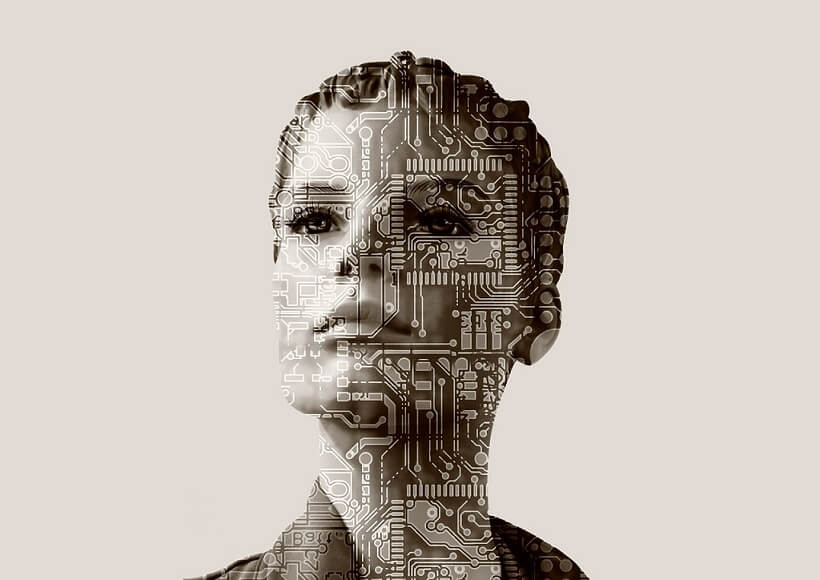Artificial intelligence is advancing swiftly in ways we could hardly have imagined a few years ago. Thanks to technology breakthroughs in AI and Big Data research, we now have the kind of systems that once were only part of our imagination. Now, we have AI in the form of voice powered assistants in our mobile phones and data-mining robots predicting and analyzing our internet usage and shopping trends.

Artificial Intelligence and Healthcare – The Future?
The most interesting part is how we’re seeing the integration of AI into healthcare systems and technologies. According to the latest research on healthcare trends, it’s not surprising to see a sharp increase in the number of healthcare start-up companies – providing drug based research, creative check-up procedures and overall healthcare research.
This is all very heartening to see as new developments made by these start-up healthcare firms will help in transferring new technologies to under-developed nations along with the obvious improvements in the existing healthcare systems in the developed world. It’s like a perfect marriage – Artificial Intelligence and Healthcare.
Here are 4 ways Artificial Intelligence is making a significant impact in healthcare industry:
1. Artificial Intelligence is making treatment accessible for everyone
There have been major developments in healthcare treatments lately – the major of which is Microsoft’s AI program which analyses cancer cells of every patient in question. Without the help of AI, such a gigantic task would otherwise be impossible for doctors.
Additionally, there are other AI programs (Microsoft-owned), that focuses on observing and analysing patient data and helps to reduce (and even eliminate) guesswork on diagnosis, reduce patient turn-over time and allow Doctors to cater for more patients.
2. The automation of Healthcare Diagnosis
The use of Artificial Intelligence integrated within healthcare processes allow systems to recognize intricate patterns resulting in greater effectiveness in disease identification and forming correct diagnosis.
Take the Ultrasound as an example; the future includes precise accuracy with the help of AI, cloud based systems and 3D imaging technologies. The interest in automating healthcare diagnosis is not just from start-up and small ventures but giants like IBM are also creating big data platforms to help speed up the research.
3. ‘Virtual Follow-up’ is becoming a trend
Nurses and clinical staff are being alleviated of the time-consuming follow up processes. Patients now are encouraged to follow up via digital tools and means. Certain diseases such as chronic pain and its treatment require multiple visits and various tests, re-checkups. Naturally, it puts a load on both the patients and healthcare staff.
Fortunately, there are companies that are actively working to lessen the burden on healthcare staff by employing artificial intelligence procedures (using digital apps) and requesting patients to go digital. Additionally, smart robot applications help patients answer their most frequently asked questions along with patient tracking and even giving out recommendations based on the patient’s past data and current diagnosis.
4. New Opportunities For Advanced Drug Discovery
With the help of Big Data solutions, researchers have been able to make giants leaps when it comes to finding new opportunities for advanced level drug discoveries. Using predictive analysis, many companies solely focus on deep learning technologies to accelerate drug discovery. AI in healthcare is truly a remarkable and exciting avenue to look forward to.
The most interesting aspect to it is AI is not just limited to the big firms – firms with a relatively smaller size and portion of the budget of the big boys, now have the ability to explore the world of AI.Both big and small, all firms and organizations within the healthcare arena have the potential to greatly reduce costs and increase the level of affordable high quality healthcare to the masses.






